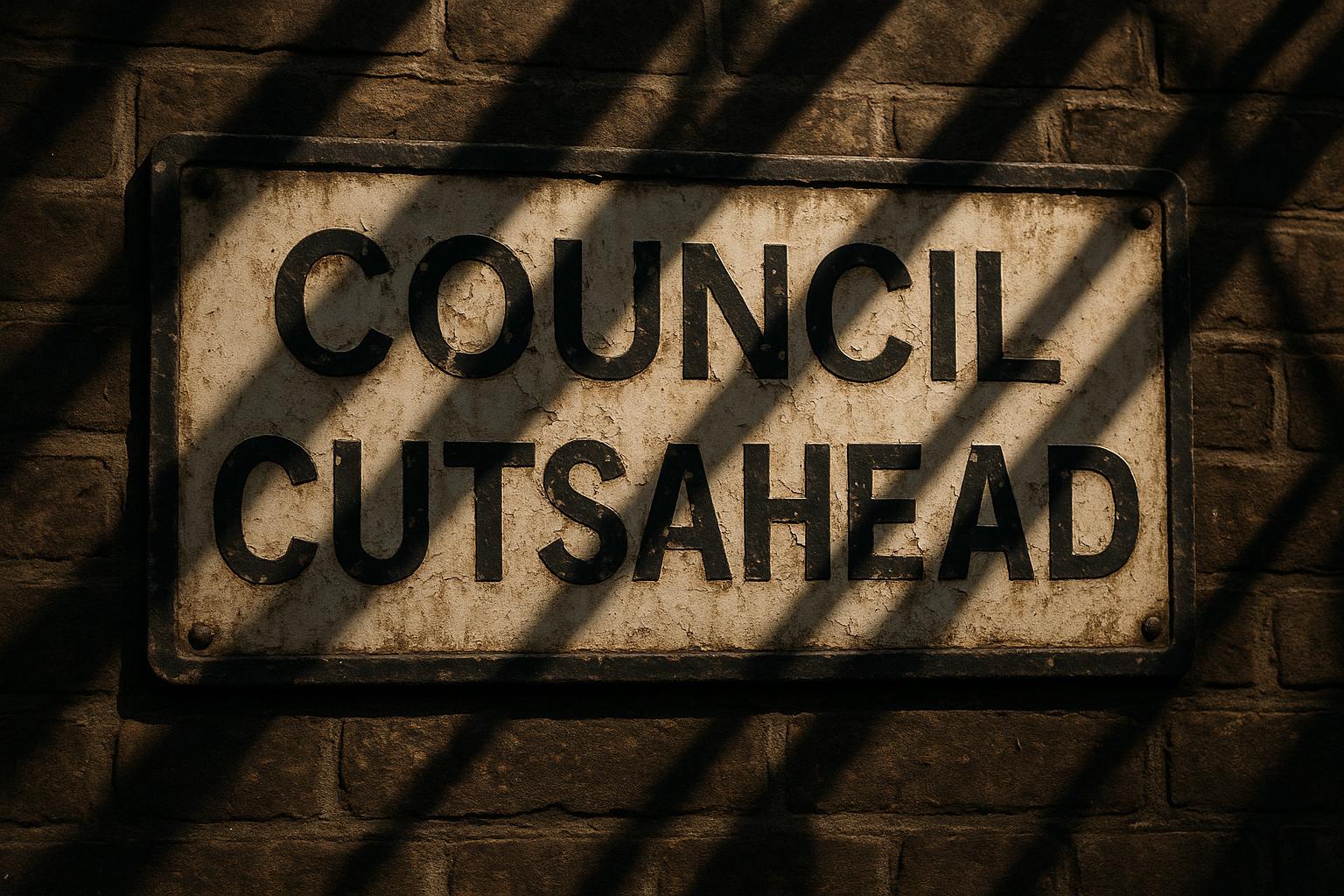Residents in Kensington and Chelsea, London’s wealthiest borough, are being cautioned about challenging financial years ahead due to significant cuts resulting from Government funding reforms. The council is facing an £82 million shortfall attributed to a new funding formula, driving concern that vital services may need to be drastically reduced. Councillor Emma Will described the situation as “incredibly depressing,” highlighting how the Government continues to impose costly responsibilities on councils, such as in children’s services, adult care, and temporary accommodation, without providing adequate financial support. She criticised the current funding system as “broken,” emphasising that continual legislative demands fail to account for the practical realities of service delivery.
The borough’s leadership is already exploring hard choices to plug the growing financial gap. Possible measures include scaling back council tax relief for vulnerable groups, reassessing Family Hub services, leasing council office space, and potentially cutting support for significant local events like the Notting Hill Carnival. Additionally, the council is implementing a voluntary redundancy scheme that could escalate to mandatory job cuts. Council Leader Elizabeth Campbell acknowledged that while the authority’s robust financial management has placed it in a comparatively stronger position than some others, “a lot of things” will become unaffordable unless there is a fundamental transformation in council operations.
Financial officials warn the budget could shrink by as much as 40% if the funding void is left unaddressed. According to Councillor Cem Kemahli, the scale of the shortfall is “an absolutely enormous figure,” and if the full cut were somehow imposed immediately, residents would face a hypothetical council tax increase approaching £600 per person to balance the books. Recognising this would be unfeasible, he stressed the need for ongoing adaptation and expressed frustration that London as the country’s financial hub is being “punished” through these reforms. The Government’s proposed formula intends to reallocate funding towards more deprived areas, leaving affluent boroughs like Kensington and Chelsea at a disadvantage despite their high service demands.
This funding reallocation mirrors broader trends elsewhere in London. Other wealthy boroughs including Westminster, Wandsworth, Richmond, Hammersmith & Fulham, Islington, Camden, and the City of London are all expected to be hard hit, collectively facing nearly £700 million in cuts across London councils. According to analysis, meeting the gaps in funding via council tax increases alone would require rises as steep as 27% in Kensington and Chelsea, though the council has no plans to impose such a hike. The changes have sparked warnings that huge financial strains will translate into reduced frontline services such as social care, youth clubs, libraries, and homelessness support.
Despite bleak projections, Kensington and Chelsea Council has recently approved a balanced budget for 2024/25 and announced a relatively modest 4% rise in council tax for 2025/26—comprised of a 2% standard increase and a 2% social care precept. This increase translates to under £1 per week for the average Band D household, and is among the lowest planned rises in London. The council has also committed to supporting vulnerable residents through one-off cost-of-living payments, energy bill credits for pensioners in social housing, and free school meals outside term time for eligible families. Investment priorities remain focused on housing, adult social care, and environmental improvements such as making council schools net zero carbon.
However, the council’s leadership is clear that despite these measures, the financial pressures are intensifying. Elizabeth Campbell warned of the necessity to “cut our coat according to its cloth” and undertake a “fundamental transformation” in council services to maintain fiscal balance. The reality is that many aspects of public service delivery will need reshaping, given the continuing reduction in Government funding alongside rising inflation and demand for services. As other London councils face similar crises leading to closures of children’s centres, increased council tax, and social care levies, Kensington and Chelsea’s experience may foreshadow the tough choices to come across the capital.
📌 Reference Map:
- Paragraph 1 – [1], [3], [4]
- Paragraph 2 – [1]
- Paragraph 3 – [1]
- Paragraph 4 – [1], [3], [4]
- Paragraph 5 – [1], [3], [4]
- Paragraph 6 – [5], [6]
- Paragraph 7 – [1], [3], [5], [6], [2]
Source: Noah Wire Services
